Media Focus | Wu Fei, Founder and Chairman of JinenU: Innovative Business Models to Realize Capacity Sharing
Reporter: Sun Yongjian
This article is excerpted from: China Business Times
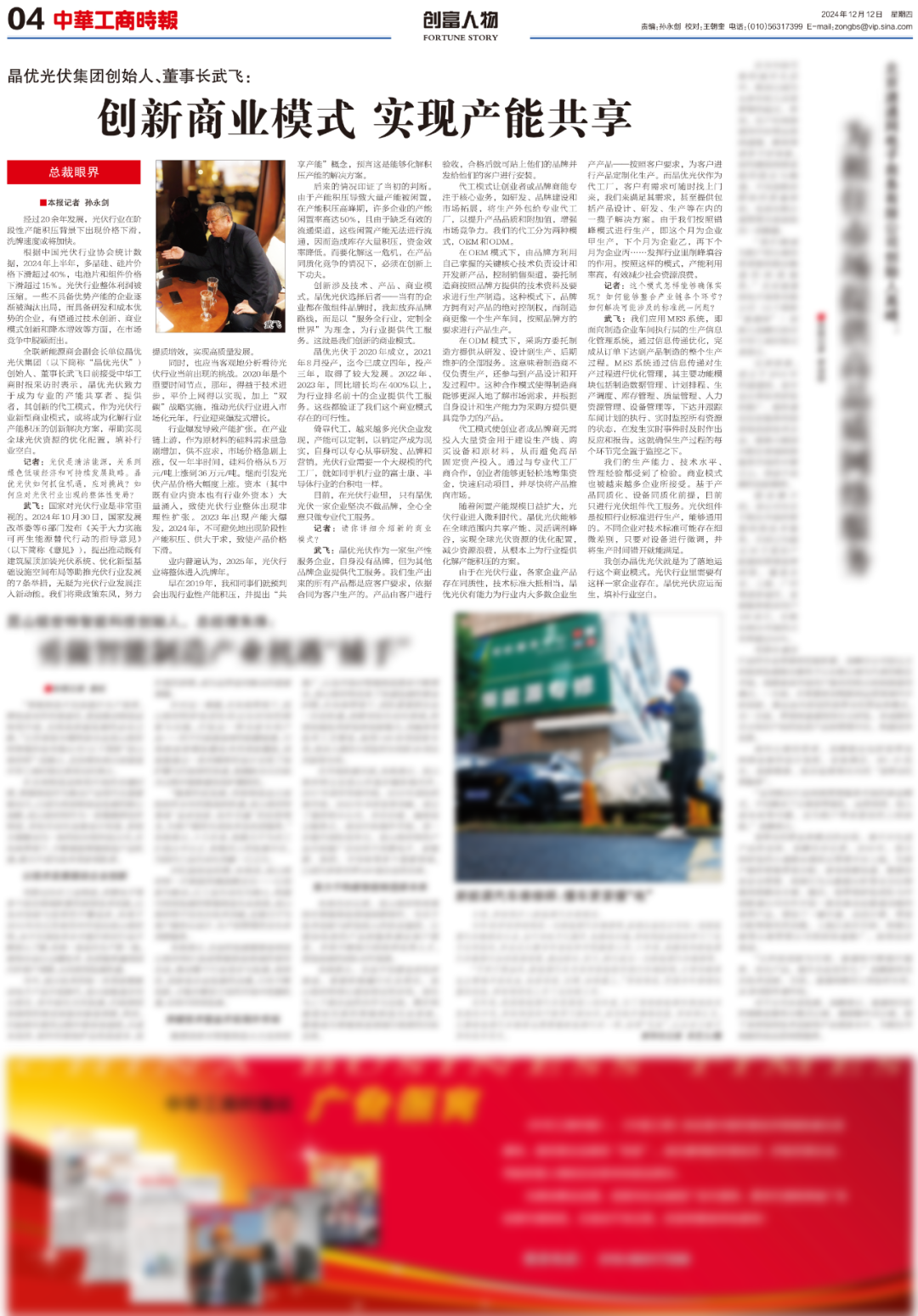
The full text is as follows:
After more than 20 years of development, the photovoltaic industry in the stage of production capacity backlog in the background of the price decline, the speed of reshuffle or will accelerate.
According to the China photovoltaic industry association statistics, in the first half of 2024, polysilicon, silicon wafer prices slumped by more than 40%, and the price of batteries and components slumped by more than 15%. The overall profit of the PV industry is compressed. Some enterprises that do not have advantageous production capacity are gradually eliminated from the market, while enterprises with R&D and cost advantages are expected to stand out in the market competition through technological innovation, business model innovation and cost reduction and efficiency.
Allied new energy chamber of commerce vice president unit, JinenU Solar (hereinafter referred to as "JinenU") founder, chairman of the board of directors, Wu Fei recently accepted the China business times interview, said JinenU Solar is committed to become a professional capacity sharing, provider, its innovative foundry mode, as the photovoltaic industry new business model, or will become a solution to the industry capacity backlog of innovative solutions, and the industry's production capacity. Its innovative OEM model, as a new business model in the PV industry, may become an innovative solution to solve the industry's production capacity backlog, helping to realize the optimal allocation of global PV resources and fill the industry gap.
Reporter: PV is a clean energy, related to the green low-carbon economy and sustainable development strategy. How does JinenU Solar seize the opportunities and meet the challenges? How to deal with the overall changes in the PV industry?
Wu Fei: The state attaches great importance to the PV industry. 2024, October 30, the National Development and Reform Commission and other six departments issued the "on vigorously implement the renewable energy alternative action of the guiding opinions" (hereinafter referred to as the "Opinions"), puts forward to promote the existing building rooftop PV system, optimize the spatial layout of the new infrastructure and other boost the development of the photovoltaic industry of the 7 initiatives, undoubtedly for the development of the photovoltaic industry to inject new kinetic energy. This will undoubtedly inject new momentum into the development of the PV industry. We will ride the wind of the policy, and strive to improve quality and efficiency, to achieve high-quality development.
At the same time, we should also objectively analyze the challenges of the photovoltaic industry. 2020 is an important point in time, that year, thanks to technological advances, affordable Internet access can be achieved, coupled with the implementation of the "dual-carbon" strategy, to promote the photovoltaic industry to enter the first year of the market, the industry ushered in explosive growth.
Industry outbreak led to capacity expansion. In the upper reaches of the industrial chain, as the raw material demand for silicon increased dramatically, the supply exceeds the demand, the market price rose sharply, only one and a half years, the price of silicon from 50,000 yuan / ton rose to 360,000 yuan / ton. And then triggered a substantial increase in the price of photovoltaic products. Capital (which both industry capital and capital outside the industry) large influx, resulting in irrational expansion of the photovoltaic industry as a whole. 2023 capacity explosion, 2024, the inevitable stage of production capacity backlog, supply exceeds demand, resulting in a decline in product prices.
The industry generally believes that in 2025, the PV industry as a whole will enter a reshuffle year.
As early as 2019, my colleagues and I predicted that there would be an industry-wide capacity backlog, and put forward the concept of "shared capacity", predicting that this is a solution that can resolve the backlog of capacity.
The subsequent situation has confirmed the original judgment. Due to the backlog of production capacity has led to a large number of idle capacity, in the peak of the backlog of production capacity, the idle rate of production capacity of many enterprises is as high as 50%, and due to the lack of effective circulation channels, these idle capacity can not be circulated, resulting in a large backlog of inventory and reduced capital efficiency. To resolve this crisis, in the case of product homogenization competition, we must work on innovation.
Innovation involves technology, product and business model. JinenU Solar chooses the latter - when some companies are doing module brand, I give up the brand route, but to "serve the whole industry, customize the world" as the concept, to provide OEM services for the industry. This is our innovative business model.
JinenU Solar was established in 2020 and put into production in August 2021, so far it has been established for four years and put into production for three years, and has achieved great development. 2022 and 2023, the year-on-year growth is more than 400%, and it provides OEM services for the top ten companies in the industry. All these validate the feasibility of the existence of our business model.
Relying on OEM, more and more PV companies are finding that production capacity can be customized, and production by sales has become a reality, so that they can concentrate on R&D, branding and marketing. The photovoltaic industry needs a large-scale foundry, just like Foxconn in the cell phone industry and TSMC in the semiconductor industry.
At present, in the photovoltaic industry, only one company, JinenU Solar, is determined not to do branding, and wholeheartedly does only professional OEM service.
Reporter: Could you please introduce the new business model in detail?
Wu Fei: As a production service company, JinenU Solar does not have its own brand, but provides OEM service for other brand companies. All the products we produce are produced for our customers at their request and according to the contract. The products are accepted by the customer, and once qualified, they can be labeled with their brand and sent to their customers for installation.
The OEM model allows entrepreneurs or brand owners to focus on their core business, such as research and development, branding and market development, and outsource production to professional OEM factories to improve product quality and added value, and enhance market competitiveness. Our OEM is divided into two modes, OEM and ODM.
Under the OEM model, the brand is responsible for designing and developing new products by utilizing its own key core technologies, controlling the sales channels, and commissioning the manufacturer to produce and manufacture according to the technical information and requirements provided by the brand. Under this model, the brand has absolute control over the product, while the manufacturer is more like a production plant, according to the brand's requirements for product production.
Under the ODM model, the buyer commissions the manufacturer to provide all services from R&D, design to production and post-production maintenance. This means that the manufacturer is not only responsible for production, but also involved in the product design and development process. This model of cooperation allows manufacturers to have a deeper understanding of the market demand and provide purchasers with more competitive products based on their own design and production capacity.
The OEM model eliminates the need for entrepreneurs or brand owners to invest large amounts of capital in building production lines, purchasing equipment and raw materials, thus avoiding expensive fixed asset investments. By partnering with a professional OEM, entrepreneurs can raise capital more easily, start their projects quickly, and bring their products to market as soon as possible.
With the increasing scale of idle capacity, the PV industry is entering a micro-profit era. JinenU Solar is able to share production capacity globally, flexibly adjust peaks and valleys, realize the optimal allocation of global PV resources, reduce resource wastage, and fundamentally provide the industry with solutions to solve the backlog of production capacity.
Because of the homogeneity of products in the PV industry and the comparable technical standards, JinenU Solar has the ability to produce products for most of the companies in the industry - customized products according to customers' requirements. As a foundry, customers can come to us at any time to meet their needs, and we can even provide a package solution including product design, R&D, and production. As we follow the staggered mode of production, that is, this month for enterprise A production, the next month for enterprise B, and then the next month for enterprise C ...... play the role of the industry to cut peaks and fill valleys. According to this model, the capacity utilization rate is high, effectively reducing the waste of social resources.
Reporter: How can this model ensure the realization? How can it integrate various links in the industry chain? How to solve the problem of standardization that may be involved?
Wu Fei: We apply MES system, i.e. the production information management system for the executive level of the workshop of the manufacturing enterprise, to complete the whole production process from order placement to product manufacturing through the optimization of information transfer.MES system carries out the optimization and management of the production process through the transfer of information, and its main function modules include the manufacturing data management, plan scheduling, production scheduling, inventory management, quality management, human resource management, equipment management, etc., which is issued and implemented in the production process. Its main functional modules include manufacturing data management, production scheduling, inventory management, quality management, human resource management, equipment management, etc. It issues and tracks the execution of shop floor plans, monitors the status of all resources in real time, and responds and reports in real time when real-time events occur. This ensures that every aspect of the production process is under complete control.
Our production capacity, technical level and management experience are all put to the test. The business model is also accepted by more and more companies. Based on the premise of product homogenization and equipment homogenization, we currently only perform OEM services for PV modules. Photovoltaic modules are produced in accordance with industry standards and can be generalized. Different enterprises may have slight differences in technical standards, as long as the equipment is fine-tuned and the production time is staggered to meet.
I started JinenU Solar to run this business model on the ground. There is a need for such a company to exist in the PV industry. JinenU Solar was born to fill the gap in the industry.

MoreNews
-


2024-12-30
JinenU Solar's 7th Domestic Base To Be Located in Meishan(Sichuan Province) -


2024-12-30
JinenU Solar Tai’an Base 2-Year Anniversary Since Put Into Production -


2024-12-23
Qianshan Base Put Into Production For One Year -

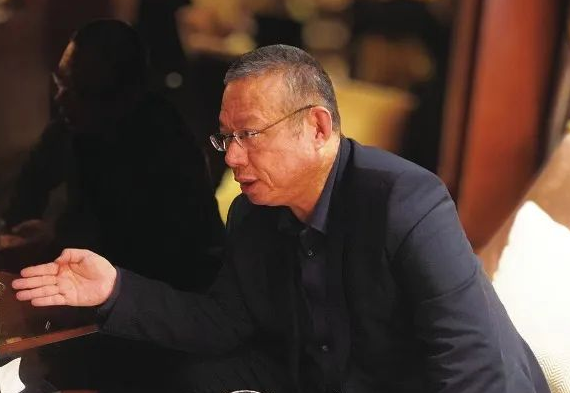
2024-12-13
Media Focus | Wu Fei, Founder and Chairman of JinenU: Innovative Business Models to Realize Capacity Sharing -


2024-12-05
Tai'an Base GM Zhang Pengfei Attend the 18th China New Energy International Forum -


2024-12-02
Customized Project | JinenU 210N High-Efficiency, Large-Size 700W Module Project -


2024-11-20
Chairman Wu Fei: Focusing on OEM|ODM services & sharing production capacity -


2024-11-13
Customized Project | JinenU Solar 182-78N 630W Bifacial Module Project -


2024-11-11
Deputy Editor-in-chief of Qiushi (Seeking Truth) Magazine visited JinenU Solar Tai'an Base -


2024-11-01
Customized Project | JinenU Solar High-Efficiency, Large-Size 210R-66 Module Project -


2024-10-17
Customized Project | JinenU Solar 514MW 210N Topcon Project -


2024-10-12
JinenU Solar Zibo Production Base was honored as “Morning Star Factory” in Shandong Province -

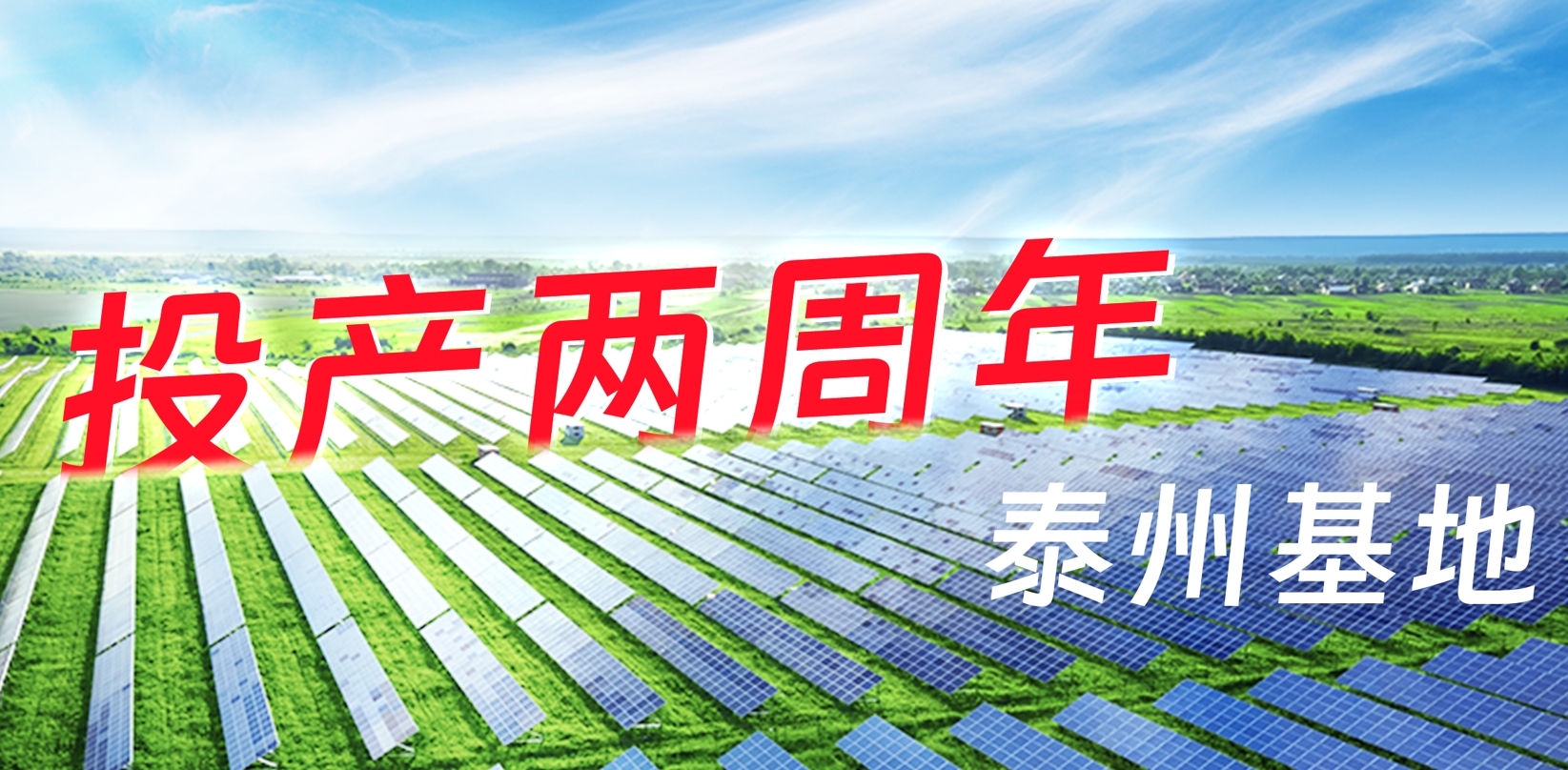
2024-09-25
2-Year Anniversary of JinenU Solar Taizhou Base put into production -


2024-09-25
JinenU Solar Zibo Base was honored as one of the Top 100 Zibo Enterprise in Zibo City -

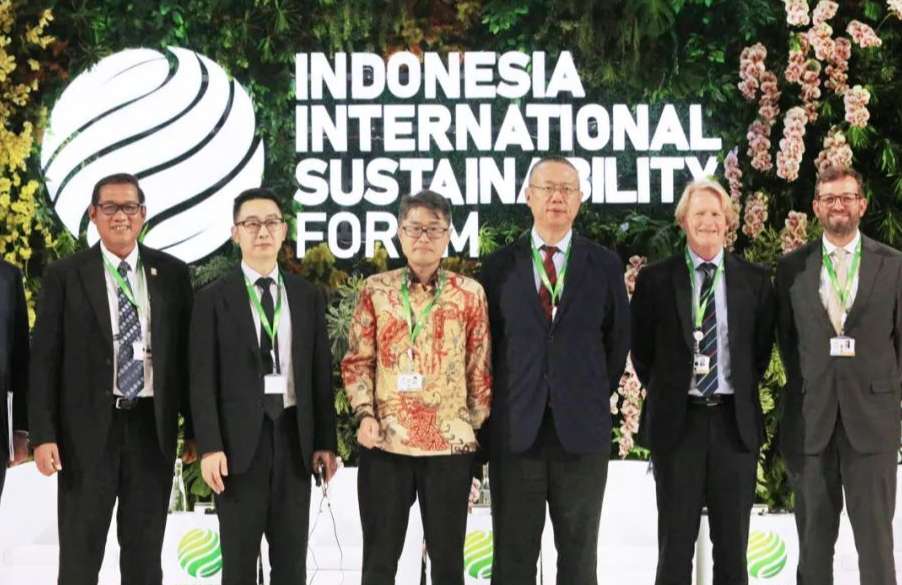
2024-09-09
Mr Wu Fei attended the Indonesia International Sustainability Forum 2024 (ISF) and Delivered Speech -


2024-09-06
JinenU Solar won "2024 Influential PV Intelligent Manufacturing Outstanding Employer Starlight Award" for the second consecutive year! -


2024-09-03
JinenU Solar Global Layout| Chairman Wu Fei attended the signing ceremony of PV supply chain cooperation in Indonesia -


2024-09-03
JinenU made its debut at The SmarterE South America 2024! -


2024-08-12
Customized Project | JinenU Solar 489MW 210-66 Topcon Project -


2024-07-25
Mr. Wu Fei: Focus on Mobilizing Demand and Optimizing the Ecosystem -


2024-07-25
Customized Project | JinenU Solar 134MW 210R-66 Module Project -


2024-07-01
JinenU Solar was selected as the director unit of All-China New Energy Chamber of Commerce -


2024-06-27
Intersolar Europe | JinenU Solar shines with its OEM|ODM Products and Services! -


2024-06-27
Mr. Wu Fei was invited to the 12th Global Green Energy and PV Finance Summit -


2024-06-27
20GW Focus on OEM! JinenU Solar Shines at Shanghai SNEC PV+ 2024 -


2024-06-03
The First TOPCon Module of the 3.6GW High-efficiency Module Project at Hexian Base Has Been Successfully Produced -

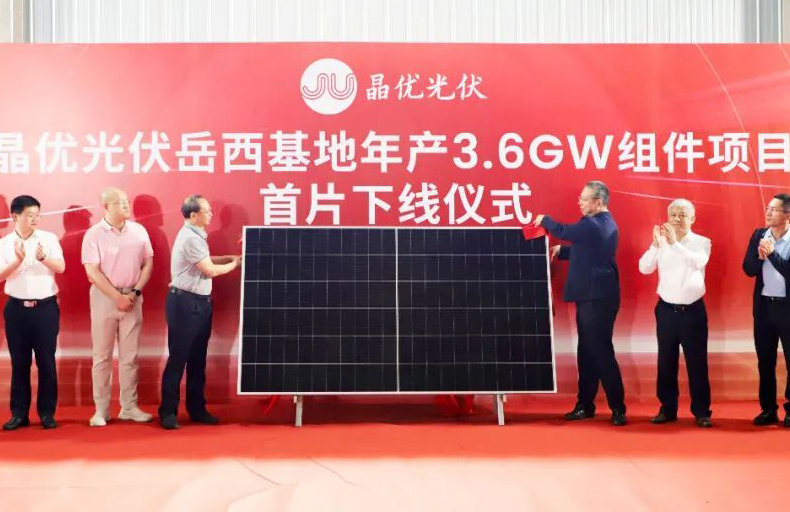
2024-06-03
The First TOPCon Module of the 3.6GW High-efficiency Module Project at Yuexi Base Has Been Successfully Produced -

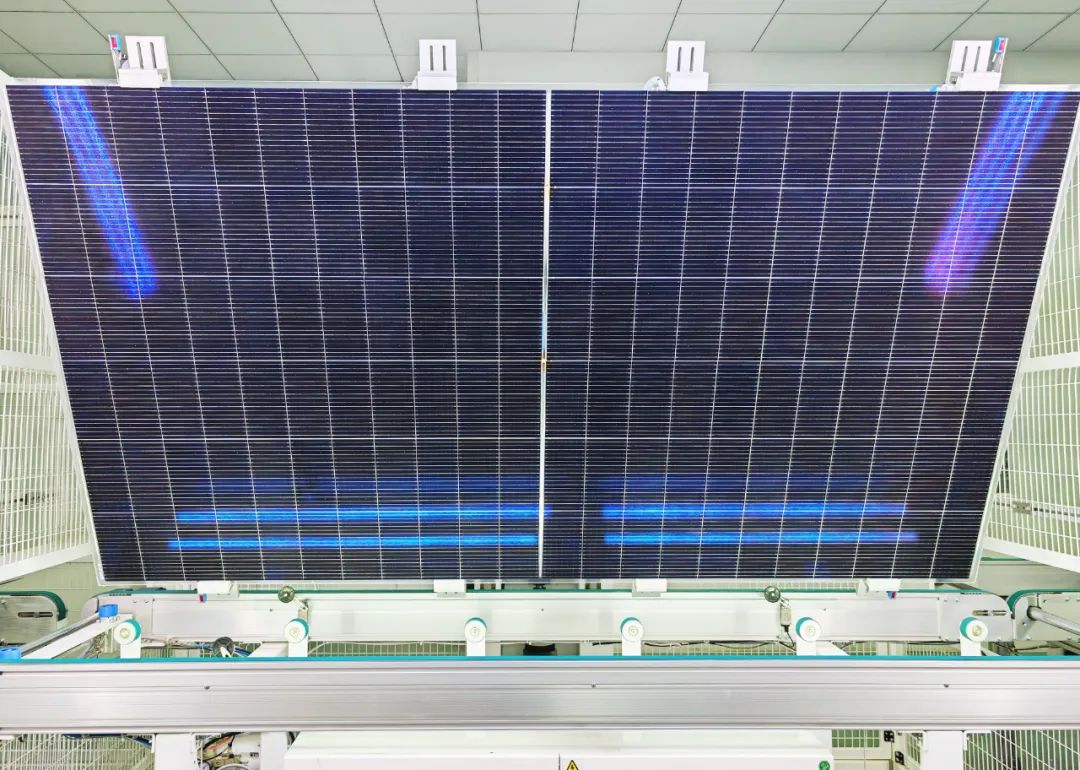
2024-05-28
Customized Project | JinenU Solar 210-66N Large Size Module Project -


2024-05-16
Mr. Wu Fei, Chairman of JinenU Solar Group, Elected as Vice President of All-China New Energy Chamber of Commerce -


2024-05-16
Customized Project | JinenU Solar 1GW Large-Size Rectangular 182R, 210R Project -


2024-05-16
Customized Project | Trimming up to 39 times, JinenU Solar 200.6MW high-efficiency N-type and P-type module project -


2024-03-02
ODM|OEM mode shines in Tokyo! JinenU Solar makes appearance at PV EXPO 2024. -


2023-12-08
Customized Project | JinenU Solar Micro-rectangular 78.6MW High Efficiency Module Project -


2023-10-12
Customized Project|JinenU Solar 1.6MW All-Black TOPCon Module Customization Project
If You have ODM|OEM Requirement, Please Contact Us
Our professional team will provide the satisfactory customized production proposal for you







